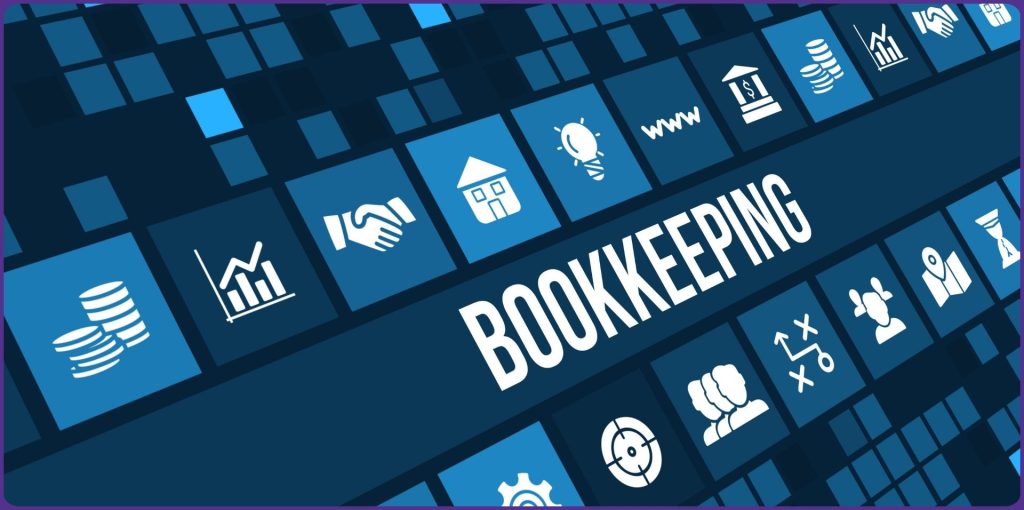
Many business owners believe that handling their own bookkeeping is a smart way to save money, but they are unaware of the hidden DIY bookkeeping costs. DIY bookkeeping can be more expensive than you think, leading to costly mistakes, tax penalties, and cash flow issues. Here’s why outsourcing your bookkeeping to an experienced, reputable bookkeeping company might be one of the best financial decisions you make.
The True Cost of Bookkeeping Mistakes
-
- Errors Resulting in Financial Loss
Inaccurate financial reporting can result from mis-categorised expenses, unrecorded transactions, or calculation mistakes. This can cause poor decisions and lead to compliance problems. - Missed Deductions and Tax Benefits
To ensure your business receives all available tax advantages, use experienced bookkeeping services that know how to maximise deductions. DIY bookkeeping often leads to missed tax savings opportunities. - Time Wasted on Non-Essential Activities
The time you devote to bookkeeping could be better spent expanding your business. If you’re not a financial expert, bookkeeping can be time-consuming and reduce your productivity. - Extra Accountant Costs
The cost of correcting errors from DIY bookkeeping is often higher when using your accountant or their team, compared to a professional bookkeeping company.
- Errors Resulting in Financial Loss
How DIY Bookkeeping Leads to Tax Penalties and Cash Flow Issues
- Late or Incorrect Tax Filings
Filing tax returns incorrectly or missing deadlines can result in fines and interest charges. Professional bookkeepers ensure compliance and timely submissions. - Poor Cash Flow Management
Without a solid bookkeeping system, businesses struggle to track incoming and outgoing cash. This can lead to unpaid bills, overdraft fees, and financial instability. - Inaccurate Financial Reporting
Investors, lenders, and tax authorities rely on accurate financial records. Errors in reporting can lead to audit risks and difficulty securing funding.
When to Outsource and Avoid Hidden DIY Bookkeeping Costs
Signs it’s Time to Outsource
- You’re spending more time on bookkeeping than on growing your business.
- Your books are always behind, or you’re unsure if they’re accurate.
- Tax season is stressful, and you’re worried about compliance.
How to Choose the Right Bookkeeper
- Experience with Your Industry
Look for someone who understands your business and industry-specific financial challenges. - Software Compatibility
Ensure they are proficient in the bookkeeping software you use, such as Xero, MYOB, or QuickBooks. - Transparency and Communication
A good bookkeeper should provide clear reports and be easy to reach when you need assistance. - Proven Track Record
Check reviews, testimonials, and referrals to ensure you’re working with a trustworthy professional.
While attempting to save money with DIY bookkeeping, the inherent risks and unexpected expenses typically negate the benefits. Outsourcing to a professional ensures accuracy, compliance, and better financial decision-making, ultimately saving your business money in the long run. Take control of your finances by working with an experienced bookkeeper like Positive Traction Bookkeeping and avoid those hidden DIY bookkeeping costs.
